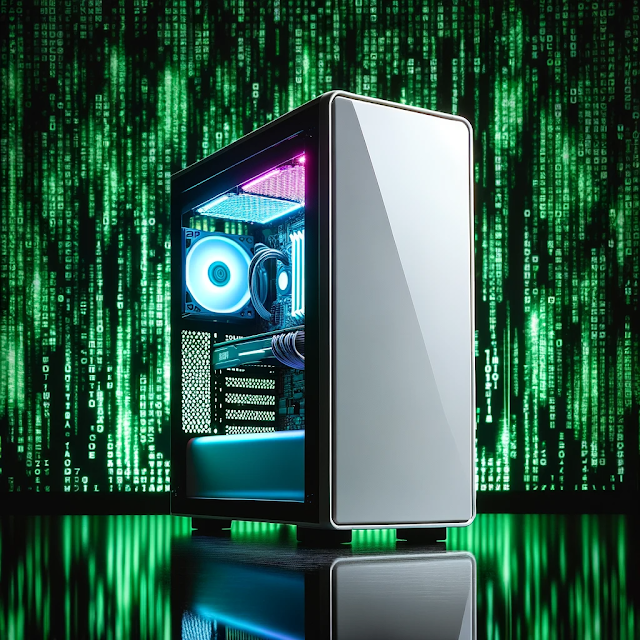Computers are the lifeline of our modern age. When they run smoothly, we often take them for granted. But when they start to lag, it's an immediate source of frustration. If you've ever wondered, "Why is my computer so slow?", you're not alone. Below, we delve into some common reasons for a sluggish computer and how to give it that much-needed boost.
Malware and Viruses
One of the most common culprits behind a slow computer is malware or viruses. These malicious pieces of software can secretly run in the background, hogging resources and compromising security. A regular scan with a reputable antivirus tool can help detect and eliminate these threats.
Too Many Startup Programs
Over time, we often end up installing numerous programs. Some of these automatically start when the computer boots up, consuming memory and processing power. Use the built-in system configuration tool to manage and disable unnecessary startup items.
Fragmented Hard Drive
Think of your computer's hard drive as a library. Over time, the books (or files) can get scattered. Defragmenting your hard drive organizes everything, making it easier for the system to access files.
Outdated Drivers
Hardware drivers need regular updates to ensure compatibility and performance. Outdated drivers can lead to slow responses and even crashes. Regularly check for driver updates, especially for critical components like graphics cards.
Full Hard Drive
A near-full hard drive can severely impact system performance. Regularly cleaning up old files, uninstalling unused programs, and using external storage can free up valuable space.
Dusty Internal Components
Physical cleaning matters! Dust can accumulate inside your computer, leading to overheating and reduced performance. Regularly clean internal components with compressed air.
Outdated Operating System
Just like drivers, your operating system needs updates to fix bugs and improve performance. Always ensure you're running the latest version.
Insufficient RAM
RAM is where your computer stores temporary data for quick access. If you frequently run out of RAM, consider upgrading to a larger capacity.
Too Many Browser Extensions
Those handy browser extensions can accumulate over time, each consuming a bit more memory and processing power. Review and remove any extensions you no longer need.
Running Multiple Programs
Multitasking is great, but every open application uses up resources. If you're not using a program, close it to free up memory and CPU usage.
In conclusion, a slow computer can be a result of various factors, both software and hardware-related. By understanding the common causes and addressing them, you can enhance your computer's performance and prolong its lifespan. If you found this information valuable, consider exploring our range of related products that can further optimize and protect your digital devices!
Disclosure: This page contains affiliate links, and I may earn a commission if you purchase through these links at no additional cost to you. I only recommend products I believe will be beneficial to my readers. Your support helps me maintain and improve this blog. Thank you!









